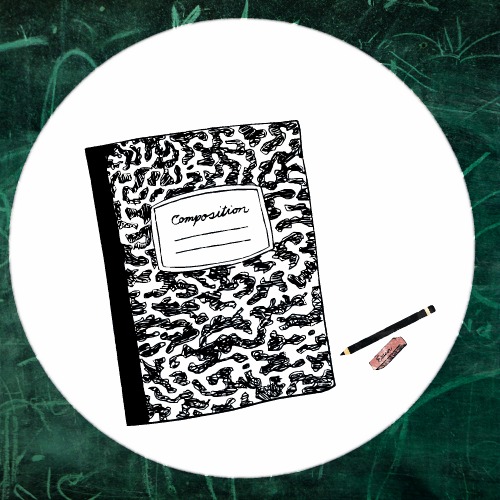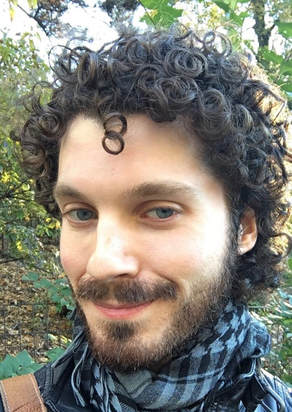“Write what you know”
“Write what you know” by fiction editor, Douglas Menagh

“Write what you know” is advice every writer has heard at some point in their life. It’s a cliché, and not without reason. Exploring the known makes sense when writing about what it’s like to be someone else. The whole point of reading is to get outside your head and experience the perspective of another. But what happens when you know nothing? It isn’t easy writing when you don’t know anything, but sometimes, it’s the things we don’t know that end up filling a book.
At 19, when I took my first Creative Writing class at F&M, I didn’t know much, but I knew that I wanted to write. I also knew that I had a wholesome upbringing in a tight family, even though my parents were divorcing and I was becoming increasingly estranged from my father. I wrote a short story about that, but it wasn’t very good. Even though it was based on something personal, what was missing was the sense of really experiencing life.
I wrote science fiction and fantasy, but what I should have been doing was what one professor mentioned in passing one class. He spoke of some teachers who pushed their students to write about troubling experiences. This wasn’t my professor’s teaching style, to prompt students to tackle episodes they’d rather avoid writing about, but I think that I should have used writing to face conflict head on.
The closest I came to writing about a deeply moving experience for a long time was my thesis. After spring break during my senior year, I wrote a short story based on meeting a DJ from out of town on her last night in America. I didn’t know why after spending less than a day with a stranger, I found a feeling I had lost. Maybe it was because we talked about art and she spoke about creating from emotions. There was so much about her that I didn’t know though. What I did know was that I wanted to see her again, even though chances are I wouldn’t, because she wouldn’t be back in America for a while. After she left, I wrote about what happened with her for my thesis, even though it was still technically science fiction. Turns out writing when you know nothing isn’t easier than writing about what you know, but it can get writers closer what it means to be creative and alive.
I was 27, enrolled in an MFA program, when I decided to finally listen to my mentors and write about the personal experiences that affected me. I took their advice because it was exhausting writing genre fiction when I wasn’t very good at it. I was also tired of remaining silent on things in my life that happened to me. I’m not sure if my mentors could sense that, but I’m grateful they got my story out of me. In my manuscript, I was able to write about the DJ, how we kept in touch, and she came back to America and stayed for a while. I wrote about my sister and mother and the death of my father. I also wrote about David Bowie, because he had died, and I loved him too.
Writers are told to write what they know, but what they should hear more often is to write about experiences that affect them. To be moved by a piece of writing is to discover something previously unknown. Writing challenges readers to question their assumptions and what they think they know. The act of writing and reading can change experiences into something understandable, and beautiful. That’s why sometimes the things we don’t know can fill a book.

Douglas Menagh is a writer based in New York City. He received his MFA in Creative Writing from Antioch University. He previously wrote for The New Philadelphia and has been published by Lunch Ticket and Annotation Nation.
